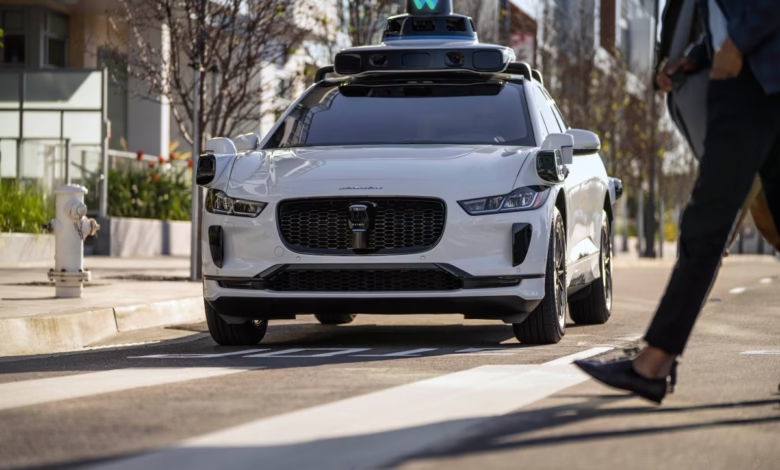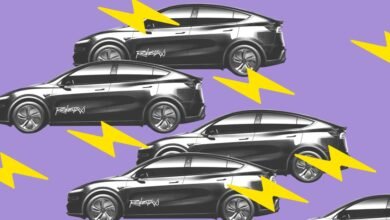Waymo’s Costs: What TechCrunch Mobility Reveals

▼ Summary
– NHTSA plans to streamline the Part 555 exemption process to speed up approvals for self-driving vehicles without human controls like steering wheels or pedals.
– Manufacturers must still prove vehicles without traditional controls meet equivalent safety standards and serve the public interest.
– JetZero, a zero-emissions jet company, will invest $4.7 billion in a North Carolina factory, contingent on creating over 14,000 jobs.
– Waymo’s autonomous rides are pricier than Uber or Lyft, yet demand remains strong, according to a pricing analysis by Obi.
– Infinite Machine unveiled a $3,495 seated scooter, the Olto, with 40 miles of range and a swappable battery, shipping later this year.
The National Highway Traffic Safety Administration (NHTSA) is taking steps to accelerate the approval process for self-driving vehicles without traditional controls like steering wheels or pedals. This move aims to modernize regulations that currently hinder automakers from deploying advanced autonomous systems. While manufacturers must still prove their vehicles meet safety standards, the agency acknowledges the existing framework isn’t optimized for cutting-edge technology.
Meanwhile, federal attention has also turned to drones and supersonic travel, with recent executive orders signaling broader transportation innovation.
Industry insiders recently clarified details about Rivian’s collaboration with Jony Ive’s LoveFrom design firm. Codenamed Inder, the project involved Rivian’s skunkworks team and focused on industrial design, though LoveFrom reportedly had no hand in user interface development. The automaker initially trademarked the name but later abandoned it, leaving room for speculation about future ventures.
In aviation news, JetZero secured a major deal to build a $4.7 billion blended-wing aircraft factory in North Carolina, backed by airlines like United and Alaska. The agreement includes over $1.1 billion in state incentives tied to job creation, with production slated to begin by 2026.
Autonomous vehicle pricing is under scrutiny after data revealed Waymo’s rides consistently cost more than Uber or Lyft—yet demand remains strong. Despite the premium, customers continue opting for driverless options, suggesting a shift in ride-hailing preferences. However, Waymo faced setbacks when its robotaxis were vandalized during protests in Los Angeles, raising questions about surveillance and data-sharing with authorities.
Tesla’s highly anticipated robotaxi unveiling is set for June 22 in Austin, as Elon Musk doubles down on autonomous ambitions. Across the pond, Wayve and Uber plan to launch a driverless service in London, leveraging the U.K.’s accelerated regulatory timeline for self-driving pilots.
In micromobility, Infinite Machine unveiled its $3,495 Olto scooter, featuring swappable batteries and 40 miles of range. Meanwhile, Apple’s latest CarPlay updates include widgets and message tapbacks, further integrating smartphones into the driving experience.
From regulatory shifts to high-stakes investments, the transportation sector continues evolving at breakneck speed, with no signs of slowing down.
(Source: TechCrunch)

